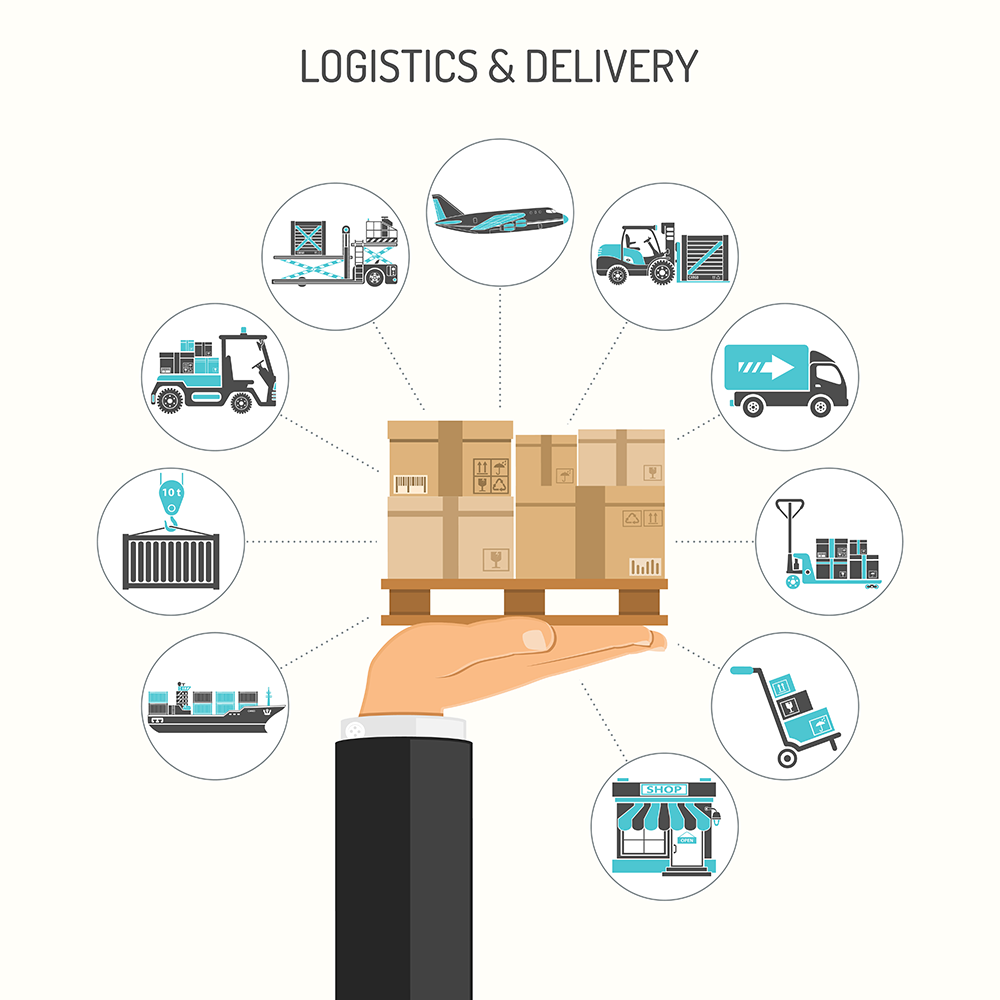
When it comes to international shipping, choosing the right shipping method is crucial for the success of your shipments. The choice of shipping method can significantly impact factors such as cost, transit time, reliability, and the type of cargo you can ship. With numerous options available, it can be overwhelming to determine the most suitable method for your specific needs. In this ISS Shipping blog, we will guide you through the process of selecting the right shipping method for your international shipments, ensuring the efficient and seamless transportation of your goods.
Consider the Nature of Your Cargo
The first step in choosing the right shipping method is to evaluate the nature of your cargo. Is it perishable, fragile, oversized, or hazardous? Understanding the specific requirements and characteristics of your goods will help narrow down the shipping options available to you. For example, perishable items may require expedited air freight, while oversized goods may necessitate sea freight.
Evaluate Transit Time Requirements
Transit time is a critical factor, especially if you have time-sensitive shipments. Consider the urgency of your delivery and the speed at which different shipping methods can transport your goods. Air freight generally offers faster transit times compared to sea freight, making it a suitable choice for time-critical shipments.
Assess Budgetary Considerations
Budget plays a vital role in selecting a shipping method. Evaluate your budget and determine the cost limitations for your shipments. Air freight tends to be more expensive than sea freight, but it offers faster transit times. However, if cost efficiency is your primary concern and time is not a constraint, sea freight may be a more economical choice.
Destination and Accessibility
Consider the destination country and the accessibility of the location. Some regions may have limited or expensive transportation options, making certain shipping methods more viable than others. Evaluate the availability and cost of transportation services from the port of arrival to the final destination. This assessment will help you choose the most practical shipping method.
Volume and Weight of Shipments
The volume and weight of your shipments will influence the choice of shipping method. Air freight is typically suitable for smaller and lighter shipments, while sea freight is more cost-effective for larger and heavier loads. Assess the size and weight of your shipments to determine which method can accommodate your cargo efficiently.
Reliability and Track Record
Research the reliability and track record of shipping providers for the different methods you are considering. Look for established and reputable companies with a proven track record of delivering shipments safely and on time. Check customer reviews, ratings, and industry certifications to ensure that your chosen shipping method is reliable and trustworthy.
Customs Considerations
Take into account the customs procedures and regulations of the destination country. Some shipping methods may be more conducive to navigating customs processes smoothly. Air freight, for example, is generally faster through customs clearance due to quicker handling and transportation. Consult with ISS Shipping to understand the customs requirements and determine the shipping method that aligns with your customs considerations.
Packaging and Handling Requirements
Different shipping methods have varying packaging and handling requirements. Air freight often requires specific packaging to withstand the rigours of air transportation, such as using sturdy materials and cushioning for fragile items. Sea freight may involve containerisation and securing cargo for long ocean voyages. Consider the packaging and handling requirements associated with each shipping method to ensure the safe and secure transport of your goods.
Environmental Impact
Increasingly, businesses and individuals are prioritising sustainability and reducing their carbon footprint. If environmental impact is a concern for you, explore shipping methods that offer greener options. Some companies provide eco-friendly shipping solutions, such as carbon-neutral initiatives or using vessels with lower emissions. Choose a shipping method that aligns with your environmental values.
Seek Expert Advice
Navigating the complexities of international shipping can be challenging, especially for those new to the process. Seek expert advice from a trusted shipping partner, like ISS Shipping. They can assess your specific requirements, provide valuable insights, and offer tailored solutions to help you select the most suitable shipping method for your international shipments.
Choosing the right shipping method for your international shipments is a crucial decision that impacts the efficiency, cost, and success of your logistics operations. By considering factors such as the nature of your cargo, transit time requirements, budget, destination accessibility, reliability, customs considerations, packaging requirements, environmental impact, and seeking expert advice, you can make an informed choice.
ISS Shipping is here to assist you in navigating these considerations, providing comprehensive shipping solutions tailored to your unique needs. Selecting the appropriate shipping method will ensure seamless transportation and contribute to the growth and success of your business
Contact ISS Shipping today to find out more about how we can help you.




